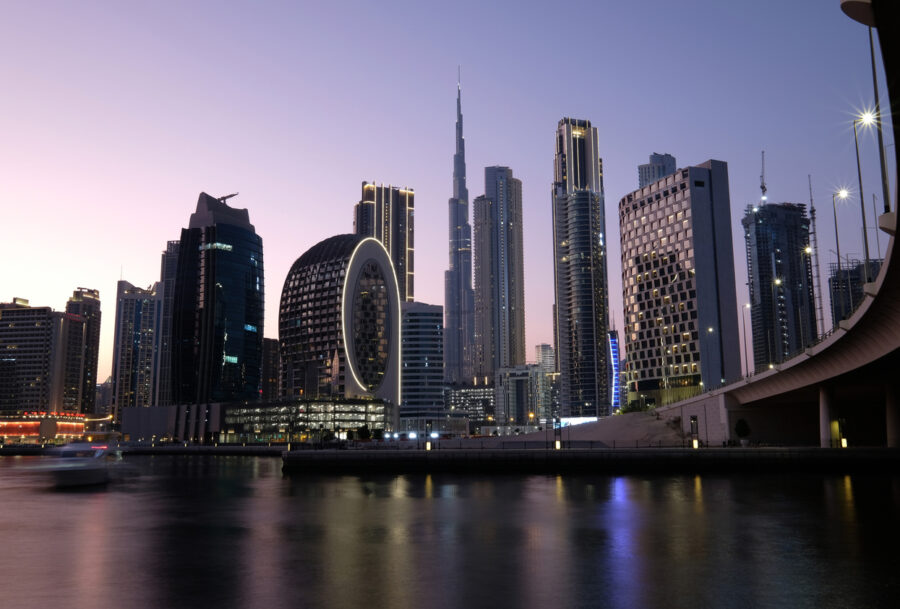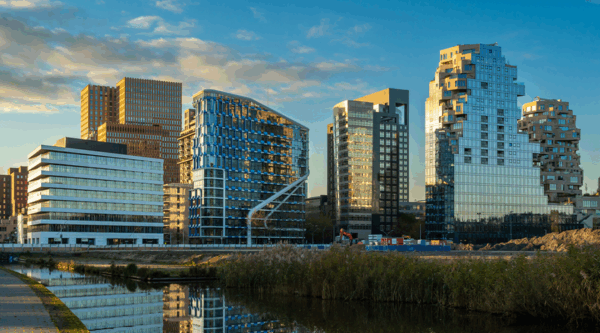

If your business operates in engineering, architecture or construction in Dubai, there’s a new construction law to account for.
In July 2025, Dubai issued Law No. 7 of 2025 to regulate construction activities across the Emirate, including free zones and special development zones. The law centralises contractor registration and classification, tightens oversight (including subcontracting and consortium approvals), reinforces safety and record‑keeping duties, and introduces significant penalties for non‑compliance.
The new law comes into force in January 2026, with a grace period to support transition.
The new legal position
The law covers construction-related activities including infrastructure, roads, bridges, tunnels, rail, irrigation, drainage/sewage, power, water and district cooling.
A new Dubai Contracting Activities Regulation and Development Committee (via the Dubai Municipality) will approve activities, assign supervisors, set policy and resolve overlaps. There will also be a unified digital Contractor Register and classification managed by the Dubai Municipality.
Those covered by the law must:
- Hold a valid commercial licence
- Register and operate within assigned classification limits
- Maintain minimum numbers of competent‑certified technical staff and keep credentials current
- Adhere to a formal Code of Conduct and Ethics
- Retain originals of contracts, plans and records for 10 years post-completion
- Comply with Health & Safety Executive laws and ensure sites are available for inspection.
Subcontracting will be subject to prior Municipality approval and subcontractors must be licensed, registered and classified. The main contractor will continue to hold overall responsibility for works.
Consortia will be allowed for complex projects, subject to Municipality approval and all members of the consortia being registered. Turnkey models of procurement will be formally recognised.
Enforcement
To enforce the new law, significant fines may be applied. Other enforcement measures include licence suspension, deregistration and consent revocation. Officials will be granted judicial inspection powers.
Contracting implications
For those subject to the law, now is the time to update contract conditions and clarify requirements around registration and classification, competency certificates and other approvals.
Standard form construction contracts widely used in the region, such as the FIDIC forms, will need to be updated to reflect Dubai’s new obligations around registration, approval and record‑keeping.
Additional factors to consider include the new expectations regarding permits, inspections and record-keeping and the tighter subcontracting controls.
It’s also important to ensure that relevant obligations are appropriately communicated and delegated to supply chain members and to consider:
- Activities which will require registration/classification
- Auditing the credentials of technical staff
- Revising tenders/contracts for compliance.
- Implementing subcontractor due diligence and approvals
- Establishing site inspection protocols and a 10‑year retention policy
- Reviewing insurance and risk allocations, aligning with Dubai Building Code and safety codes.










